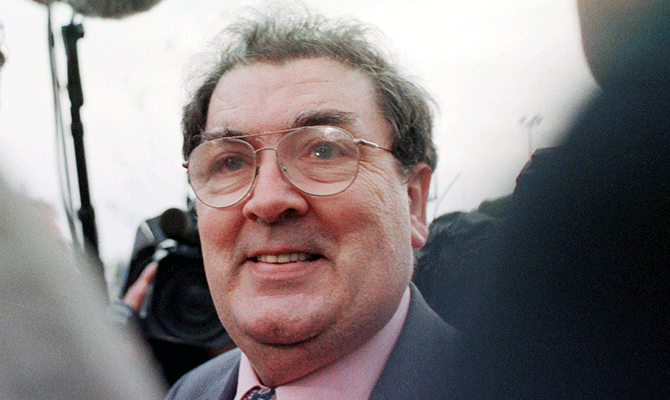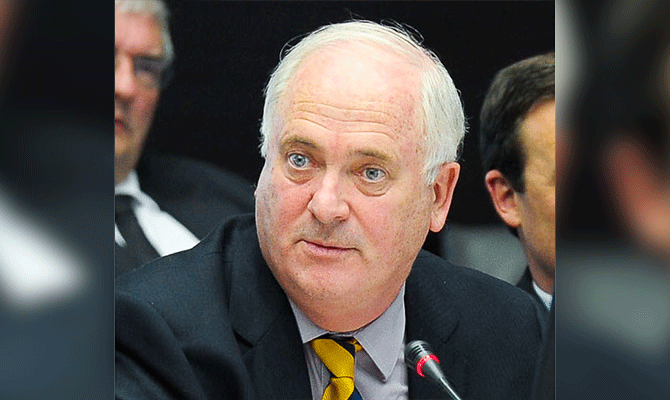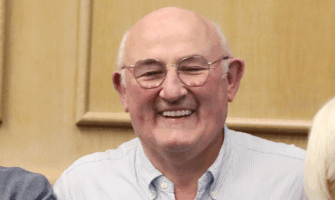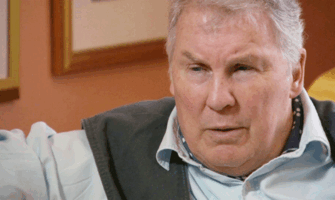
John Hume
IN ITS coverage of state papers released after 25 years, the Irish Times treatment of the then taoiseach John Bruton’s stewardship of the peace process, in particular the 1996 breakdown of the IRA ceasefire, omitted to mention its own role at the time.
Reporting on the state papers, Peter Murtagh told how following its 1994 ceasefire the IRA simply “resumed terrorist activities” in February 1996”. The rest of the piece on this period covered by the state papers indicates that the moderate Bruton was at pains to persuade British premier John Major not to be so obdurate with Sinn Féin and the IRA. But that’s not how Murtagh’s own newspaper described the situation at the time.
Following the breakdown of the IRA ceasefire in February 1997, Dublin political correspondents lacerated Bruton’s handling of the peace process. Most damning was that the IT’s political correspondent Geraldine Kennedy, who was to the fore and at the behest of her then editor Conor Brady – a Fine Gael sympathiser – derided Bruton in a manner that few if any IT political journalists have ever done.
Kennedy not only criticised Bruton’s botched handling of the peace process but questioned his ability to restore the IRA ceasefire and round-table settlement talks (see The Phoenix, 1/3/96).
The general view of those journalists covering the north and the peace process at the time – apart from the Sunday Independent, of course – was that Bruton was either too soft on the British government and the unionists or was incoherent, or both. The IT view was best summed up by the comment: “The peace process has been handicapped throughout the last 14 months by recurring reports about the difficulty of getting a precise formulation of government policy from the taoiseach”.

John Bruton
Another section of the establishment that rounded on Bruton at the time was the late Sir Garret FitzGerald and his aides like Ronan Fanning. He wrote (in the Sindo, ironically) that Bruton’s reaction to the IRA’s abandonment of its ceasefire would enable Sinn Féin to clean up politically in the north and even in border counties at the next election in the republic.
Foreign minister Tricky Dicky Spring was also beside himself as were his officials in Iveagh House who muttered with some small satisfaction that they had been vindicated in their view that the taoiseach’s department was out of its depth when dealing with the British government, the Northern Ireland Office and the unionists (unlike the smooth operators in Iveagh House).
The big fear in FG at the time was that the impression being created was one whereby former taoiseach Albert Reynolds had handed Bruton the priceless pearl of the peace process only for the bumbling, pro-unionist Bruton to throw it away.
The most interesting part of Murtagh’s coverage of state papers that recorded this period is that they give the impression of taoiseach Bruton imploring Major not to insist on IRA decommissioning as a precondition for re-entering the peace talks. True, this was part of the dialogue in late 1996 but, as the Irish Times pointed out that same year, Bruton had in 1995 “made statement after statement implicitly supporting Sir Patrick’s (Mayhew) position on decommissioning, in the US and at home … Accepting that it could not be delivered three months later, Mr Bruton, on the advice of Anglo-Irish officials, tried to extricate himself from Washington 3”.
It was Bruton’s support for decommissioning at this early period – against the advice of John Hume – that was the main factor in the collapse of the IRA’s ceasefire. How are these state records compiled in the first place?


















